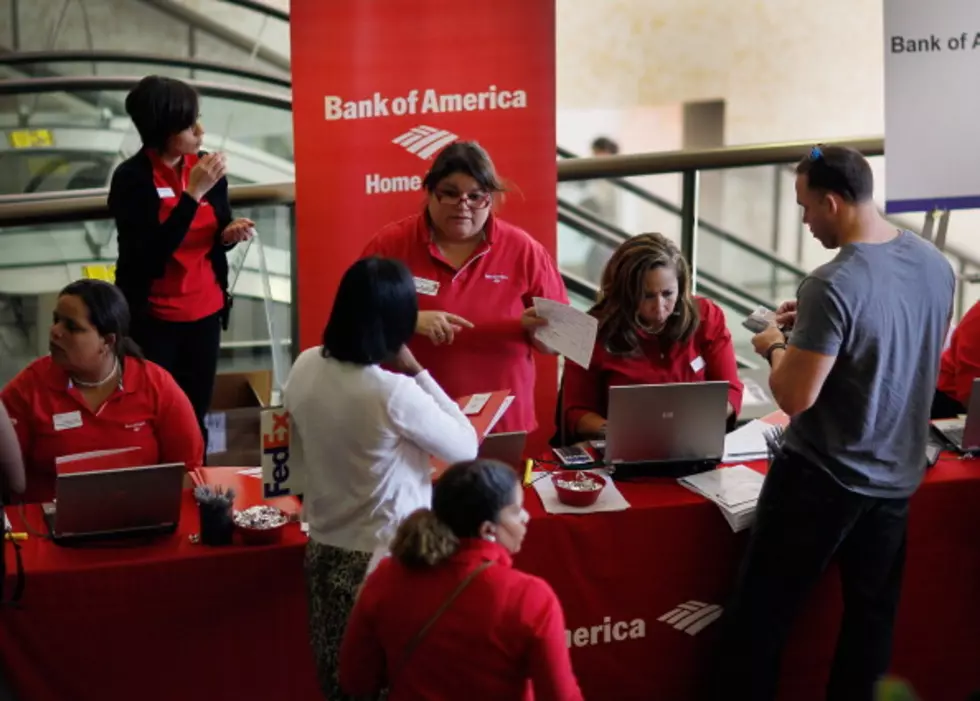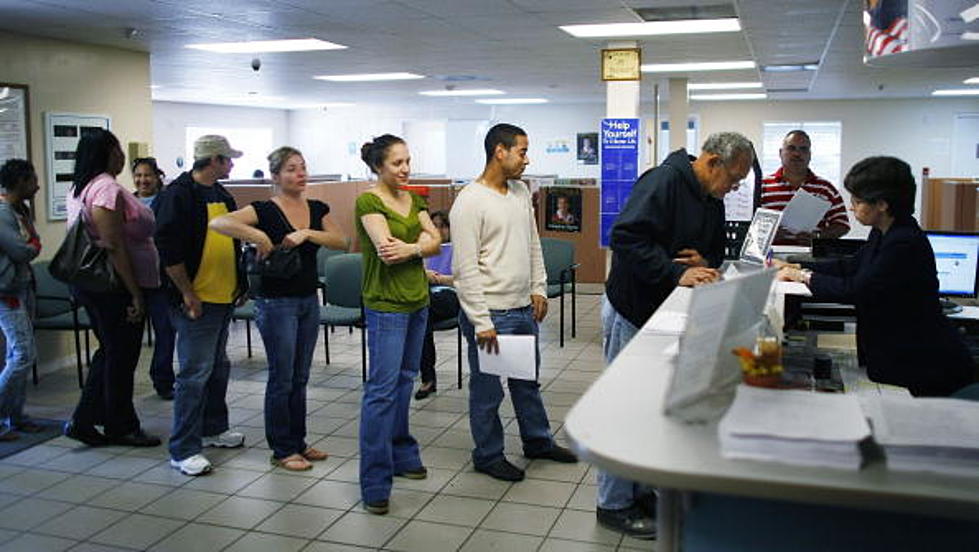
Record Numbers of Churches are Foreclosed
Banks are foreclosing on America's churches in record numbers -- as lenders lose patience with religious groups who defaulted on their mortgages. The surge in church foreclosures shows many banks are no longer willing to show forbearance with struggling churches.
Since 2010, 270 churches have been foreclosed after defaulting on their loans, according to the real estate information company CoStar Group. The data also show no sign that church foreclosures are abating.
The foreclosures are hitting churches of all denominations and races, but most are small to medium size houses of worship. The highest percentage have occurred in states hardest hit by the home foreclosure crisis: California, Georgia, Florida and Michigan.
Church defaults are different from residential foreclosures, because most loans to churches are not 30-year mortgages. They're commercial loans that typically mature after five years when the full balance becomes due immediately.
Banks often refinance church loans when they come due, but they're increasingly reluctant to do that these days because of pressure from regulators to clean up their balance sheets.
Factors leading to the boom in church foreclosures should sound familiar.
After all, churches are people, who want the biggest and fanciest building in town, so they borrow to the hilt to build it. During the property boom, many churches took out additional loans to refurbish or enlarge, often with major lenders or with the Evangelical Christian Credit Union.
Then when the economy crashed, many churchgoers lost their jobs, their homes were foreclosed, tithing and church donations plunged, along with the value of the church building.
In the Bible Jesus warns against building your house on "shifting sand." That can be taken literally, and it can also be interpreted, metaphorically, as a warning against borrowing and building on the shifting sands of a shaky economy.
More From Newstalk 860








![How Much Will You Spend on Valentine’s Day? [POLL]](http://townsquare.media/site/757/files/2015/02/Money.jpg?w=980&q=75)
